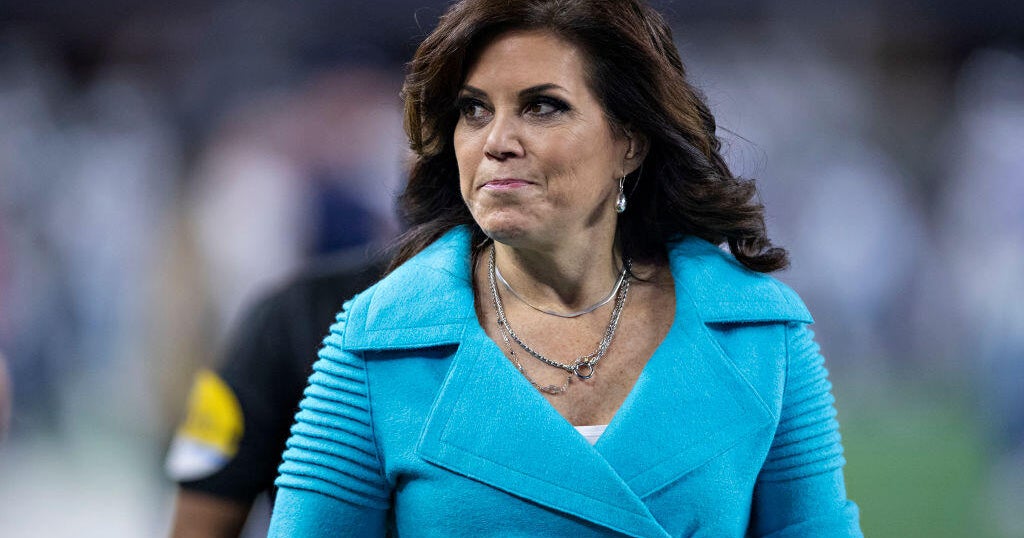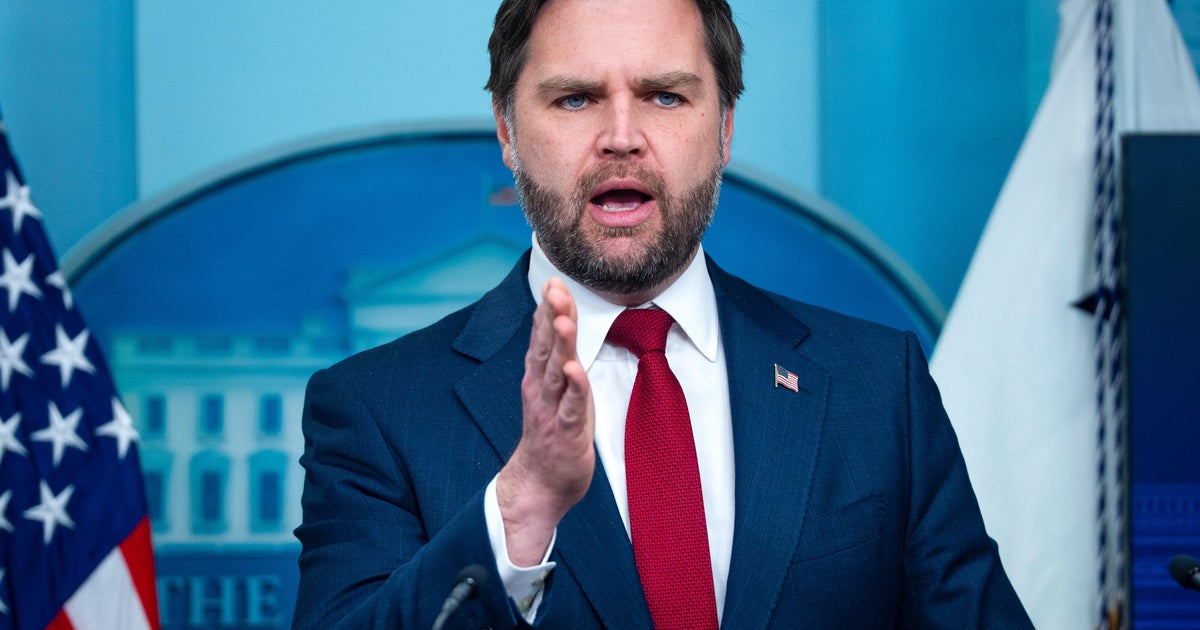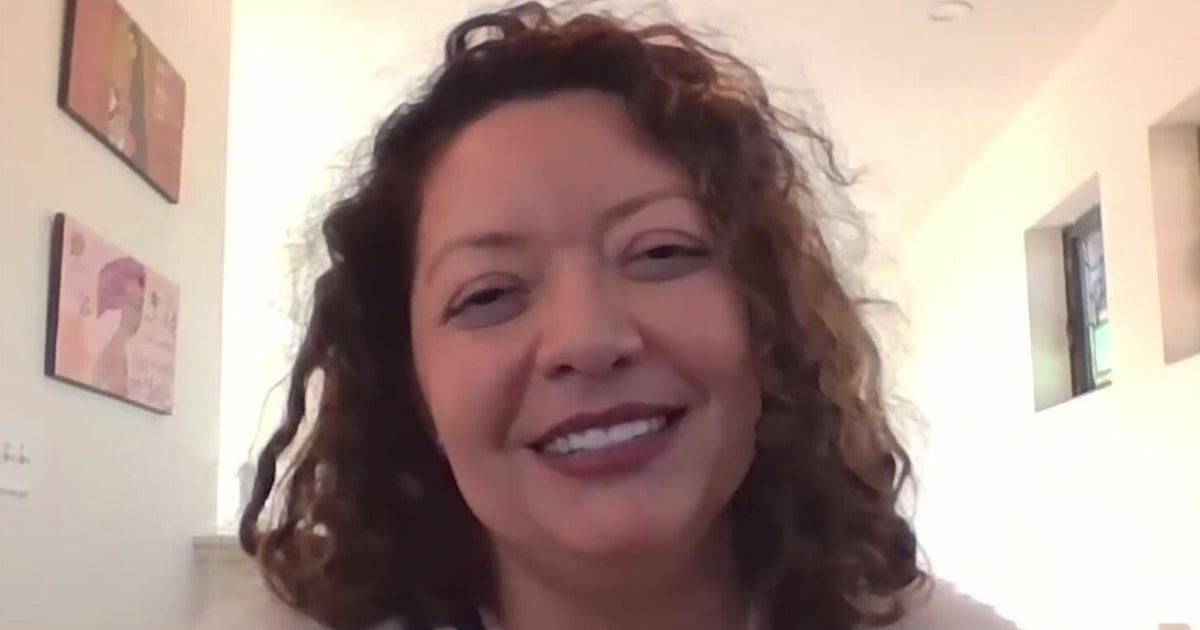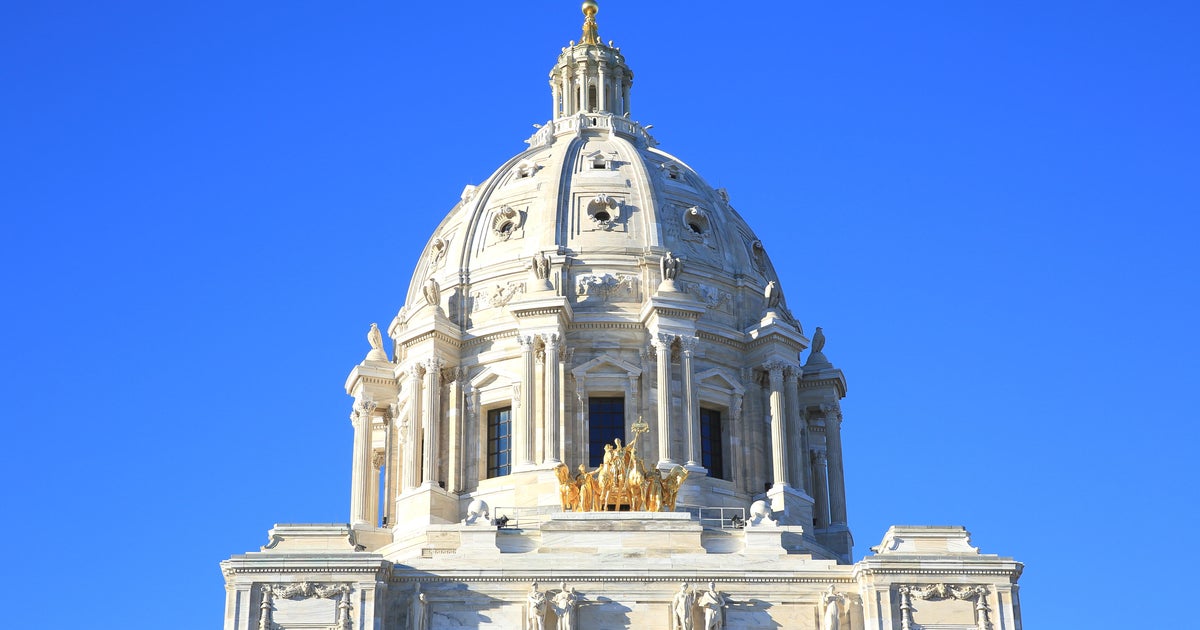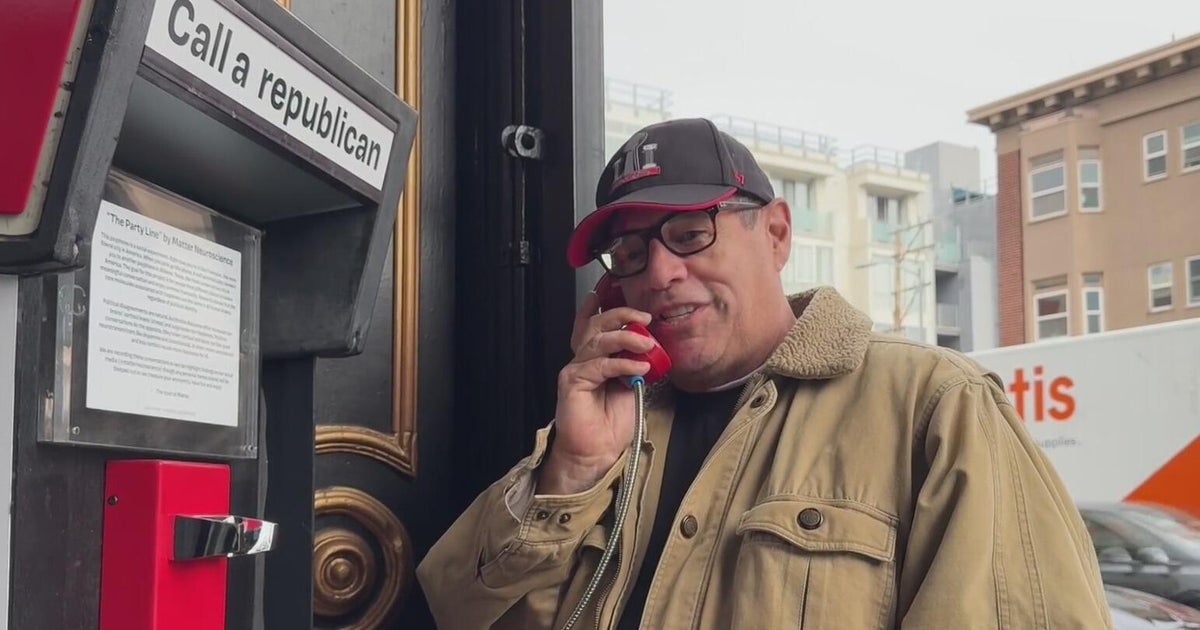Minnesota Democrats gain "trifecta" control of state government
EAGAN, Minn. – Addressing volunteers at a DFL office in an Eagan strip mall, Melisa López Franzen confessed to a crowd in the closing hours of the campaign Monday that it would take a "Minnesota miracle" to flip the state Senate and deliver her caucus the majority.
But by Wednesday morning, after election results came in, the chamber's Democratic leader was celebrating a political phenomenon she didn't expect: Democrats in control of the Minnesota House, Senate and governor's office.
"I joined the Senate in 2012 and we had the trifecta," Franzen, who did not seek re-election, told reporters during a news conference Wednesday. "Had you told me then that I'd be here 10 years later as the leader of our caucus, doing another trifecta in a midterm election, I would've said you are joking."
RELATED: Election results: Republicans concede majority in Minnesota Senate
The majority is slim -- just one seat -- but the Democrats' victories will reshape the power dynamics in St. Paul as Gov. Tim Walz enters his second term. Majorities in both chambers create an avenue to pass policy proposals that stalled in recent years in the Senate, which Republicans have led since 2017.
There hasn't been a DFL trifecta since 2014.
It also marks an end to a divided government that dominated the last several years, forcing Republicans and Democrats to broker compromises to pass the state's two-year budgets and other laws impacting Minnesotans' way of life. But with a one-seat majority, the Senate DFL will need to be in lock-step agreement to see bills through.
"I believe our caucus is committed to progress and want to put behind us the divisions, the fearmongering and the stalemate that has become endemic in the legislature and replace that with thoughtful, forward-thinking, strong public policy," said Sen. Erin Murphy, who led the campaign arm for the Senate DFL.
The Senate is now split 34-33. House Democrats have 70 seats while Republicans have 64 -- the same political make-up as the last two years. Both Senate GOP Leader Jeremy Miller and House Minority Leader Kurt Daudt conceded to their Democratic counterparts Wednesday that Republicans did not come out on top.
In the next few months, Democrats will meet to discuss what priorities will define next session, but some issues that DFL members already floated on the heels of their win: codifying abortion rights, passing paid family leave and approving marijuana for recreational use, which passed a DFL-controlled House last year.
MORE: Full election results for 2022 midterms
"We know what Minnesotans want. Minnesotans want fully funded public schools. They want health care everyone can afford and they want an economy that works for everyone," said House Speaker Melissa Hortman during a speech at the DFL's election watch party.
On abortion, Hortman told reporters her caucus now has 69 "pro-choice votes" that will allow her caucus to go more on "offense" when it comes to passing abortion-related legislation. Previously, she did not have enough support from Democrats in her caucus to that approach, she said. She also suggested expanding access to contraception.
With his victory Tuesday, Walz enters his second term with an opportunity to see through parts of his agenda that were unable to move in his first four years in office.
Next year the top task for the legislature and Walz is to craft a two-year spending plan for the next biennium. He briefly mentioned boosting education investments, approving infrastructure funding, passing "red flag" gun laws, and renewing discussion about his so-called "Walz checks" tax rebates as priorities next year.
"There's a changed dynamic here now. We're not going to see things Minnesotans need be stalled," he said.

